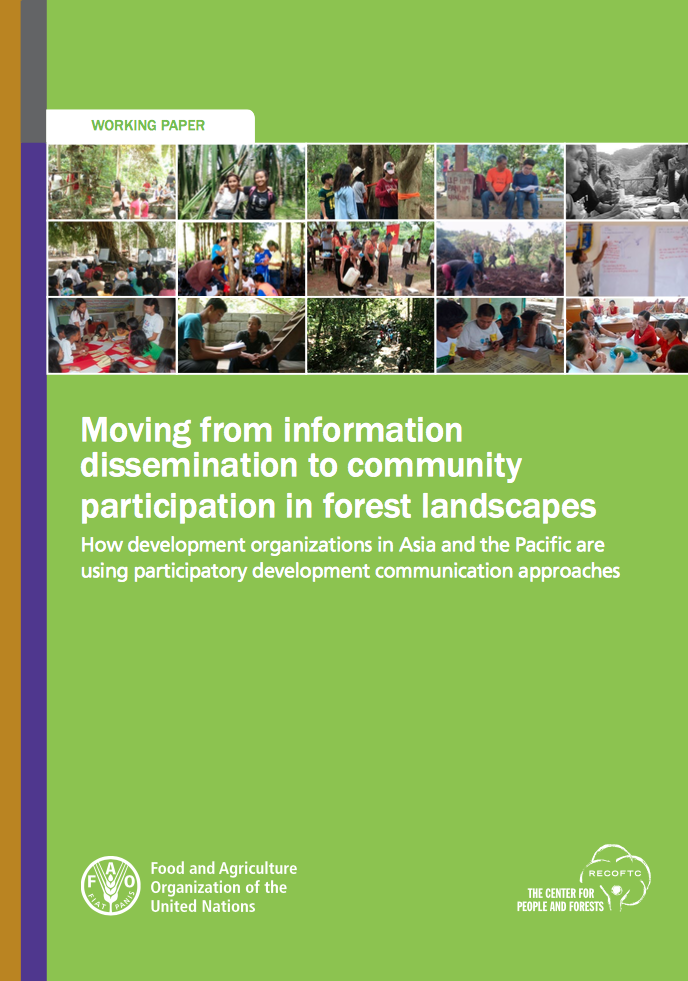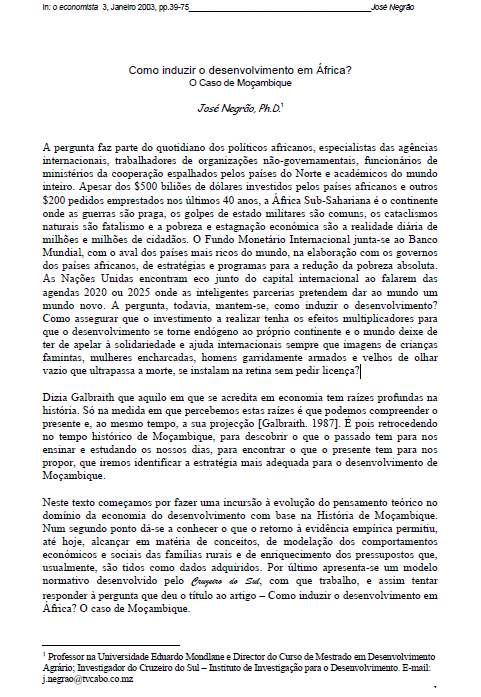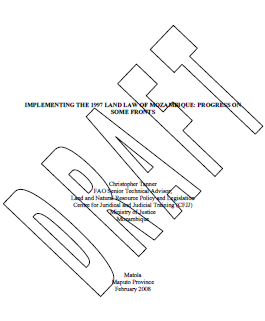Unprotected Resources and Voracious World Markets
The Theory of the Second Best implies that any country with less-than-ideal resources can lose from international trade. Recently it has been suggested this means the South (poor countries) are better off suppressing trade with the North, especially trade in natural resource products, since the North has better developed rights to protect its natural resources. Here we show that the suppression of such trade may also impede the development of property rights in the South, but that even taking this into account, trade liberalization need not improve Southern welfare.







